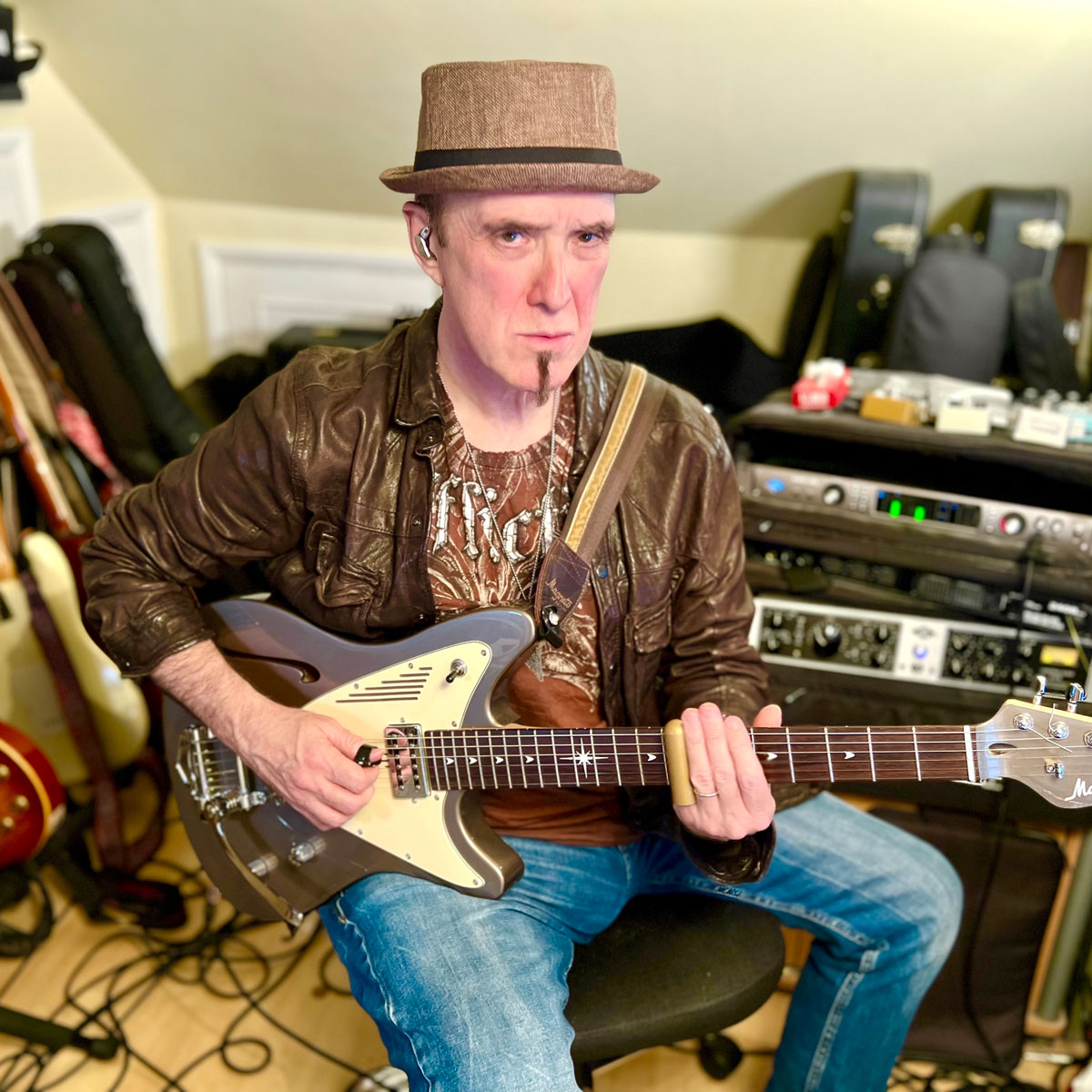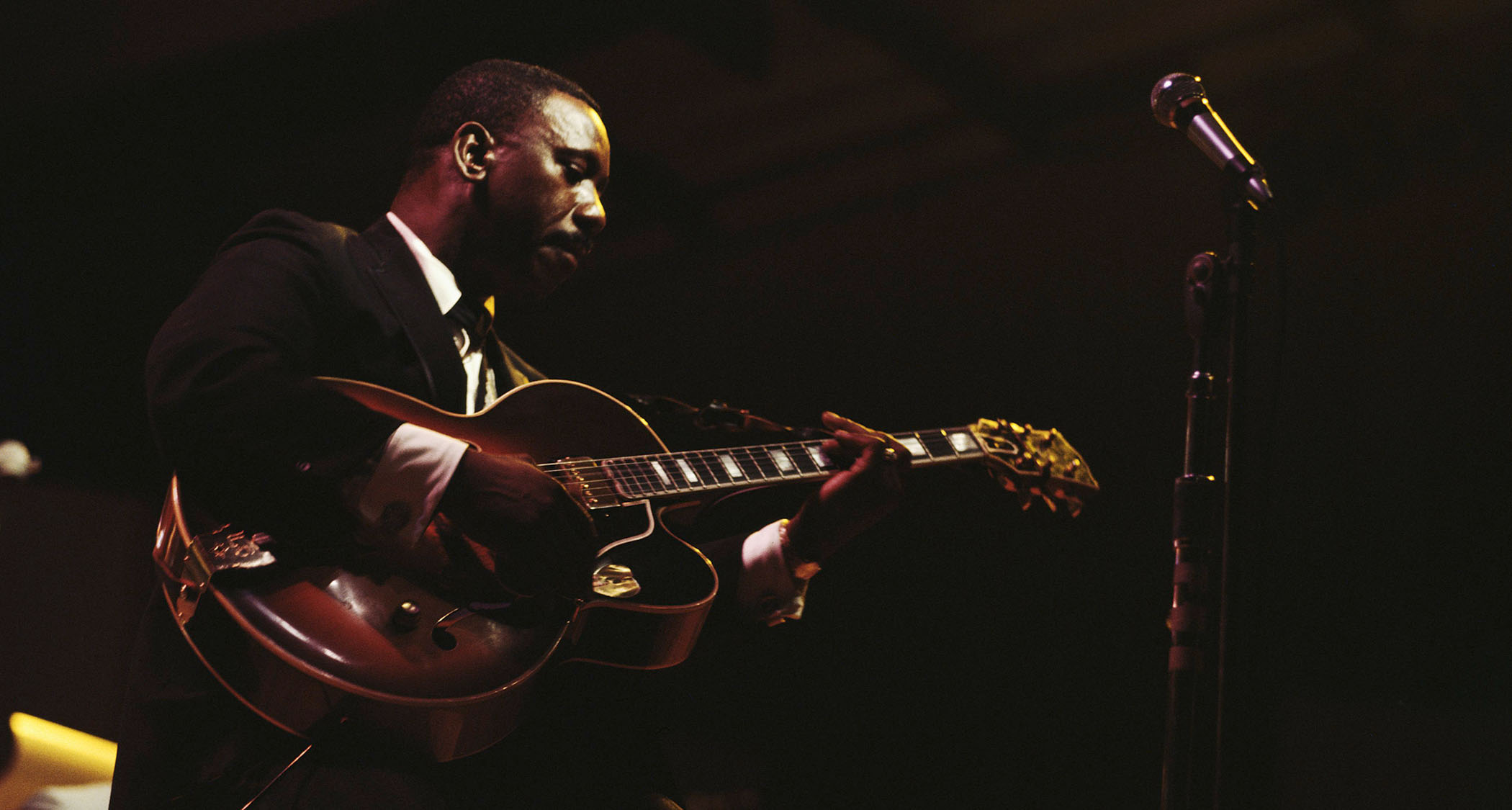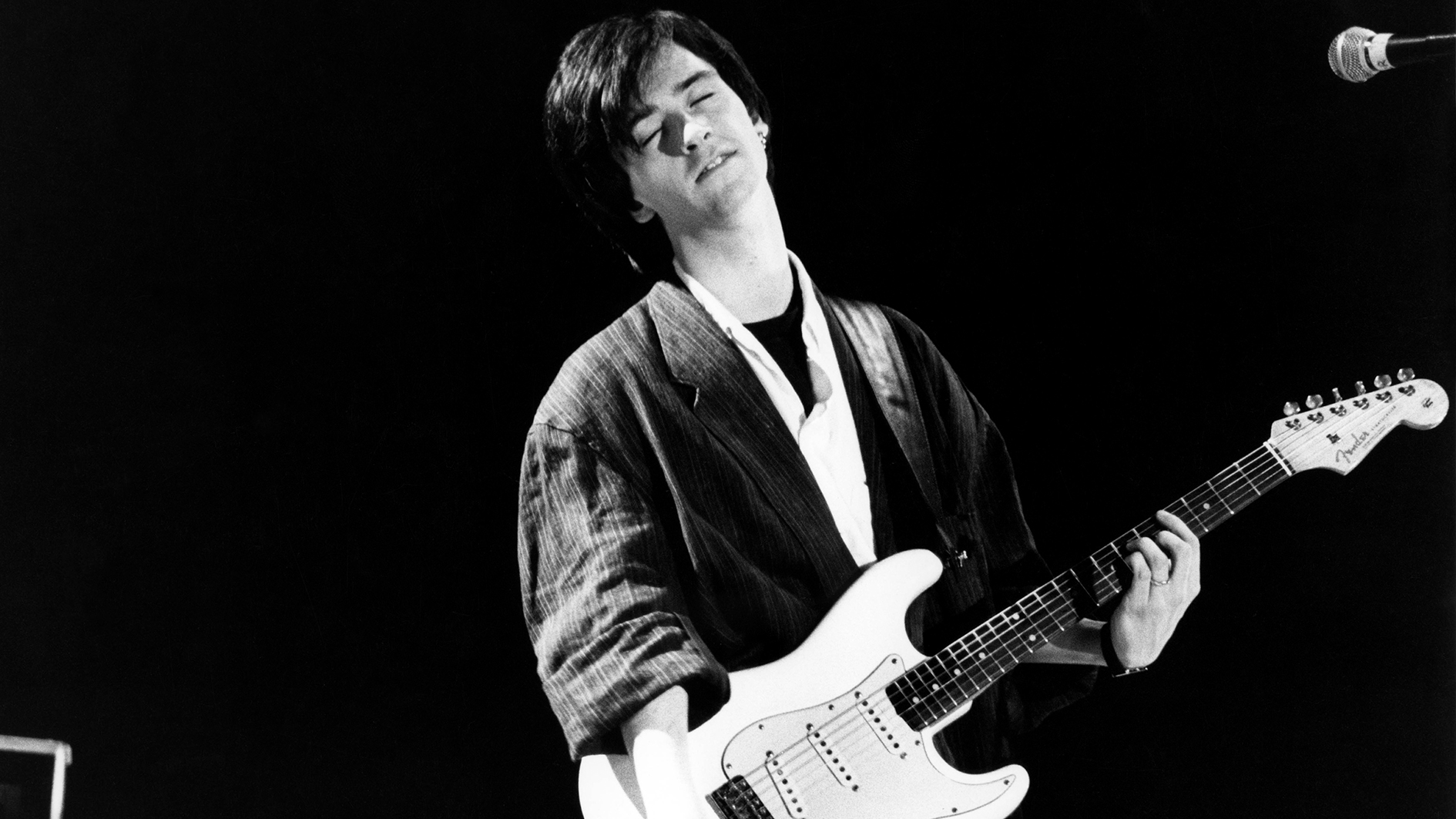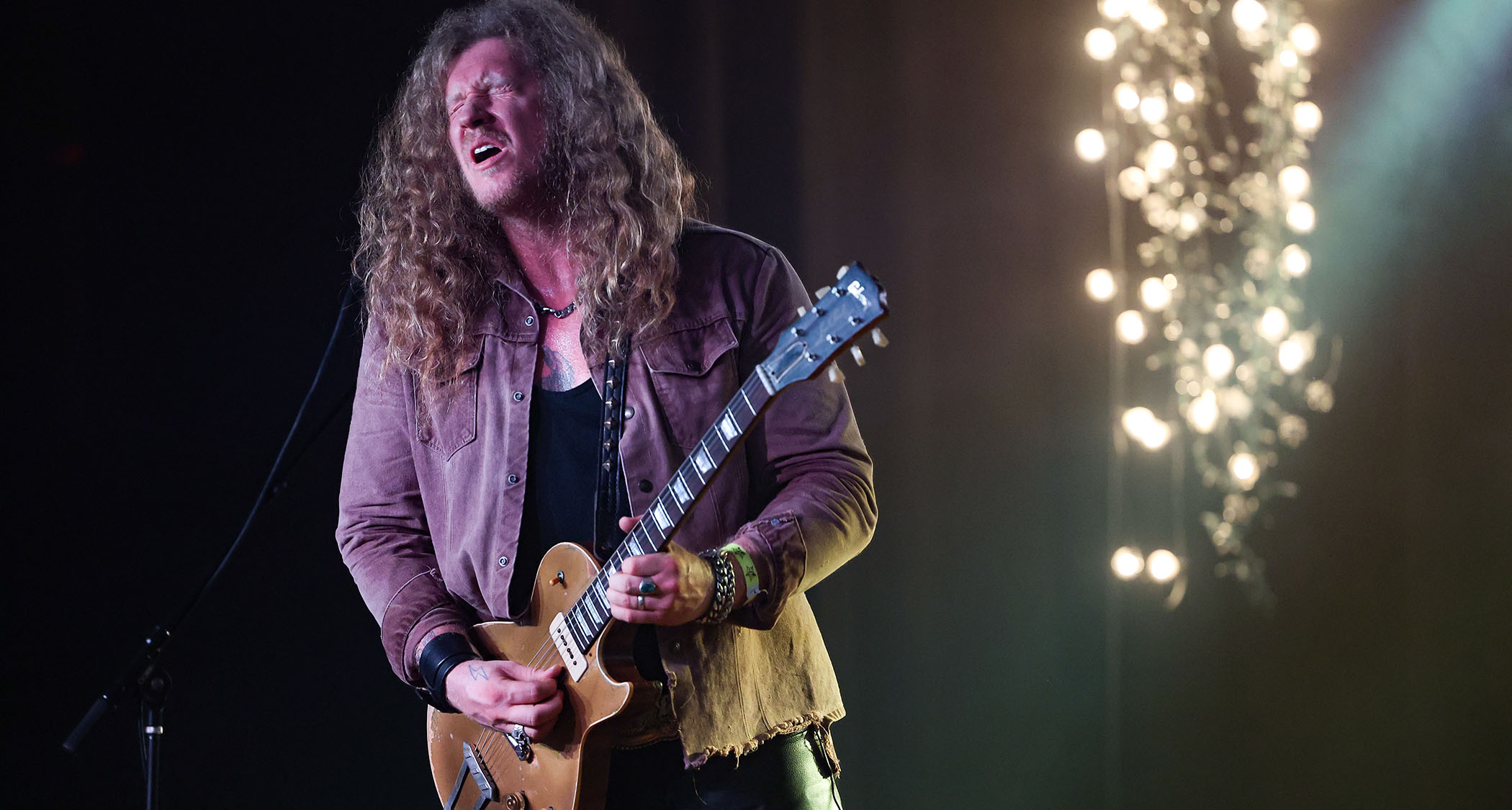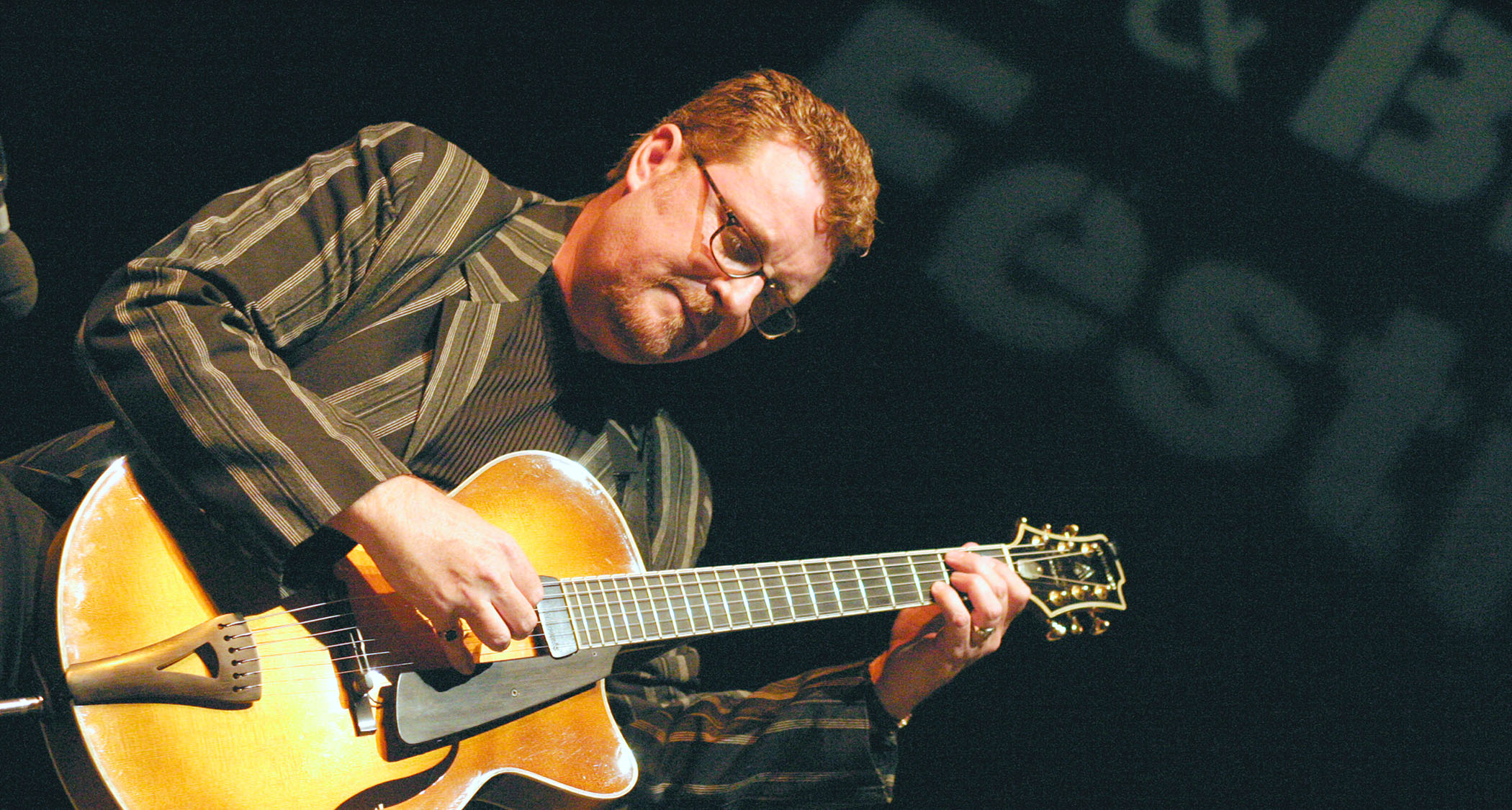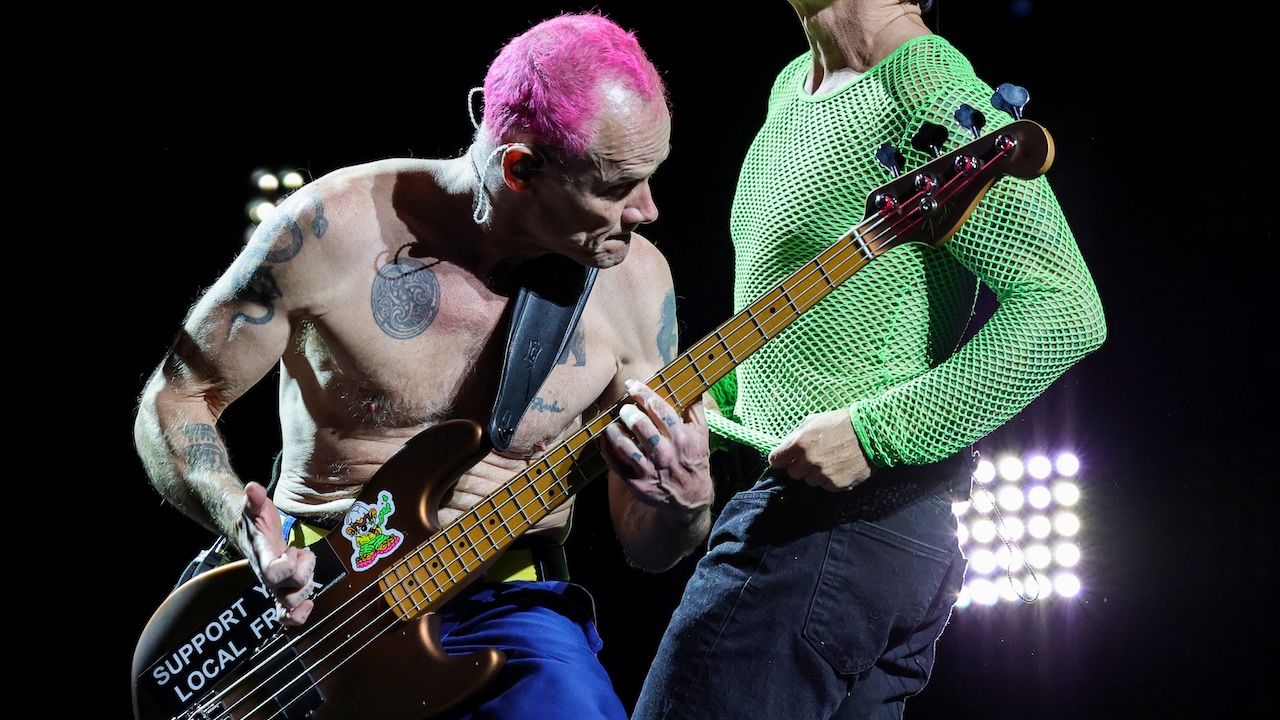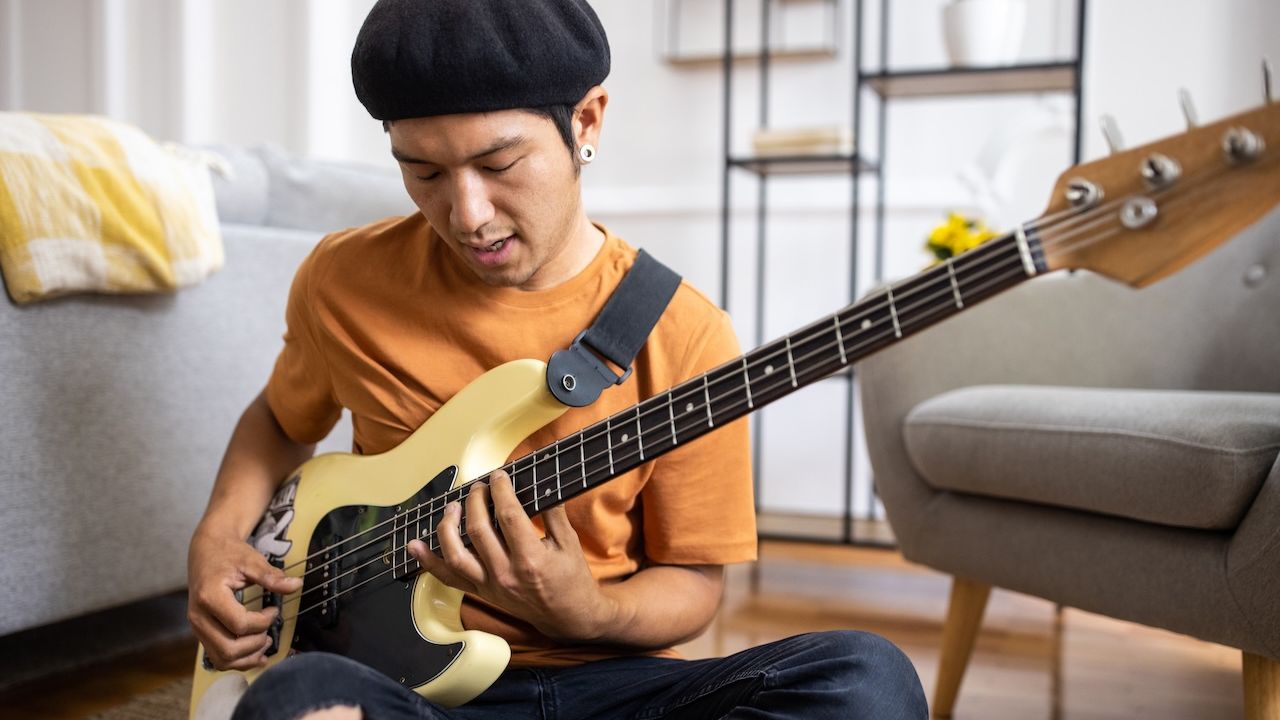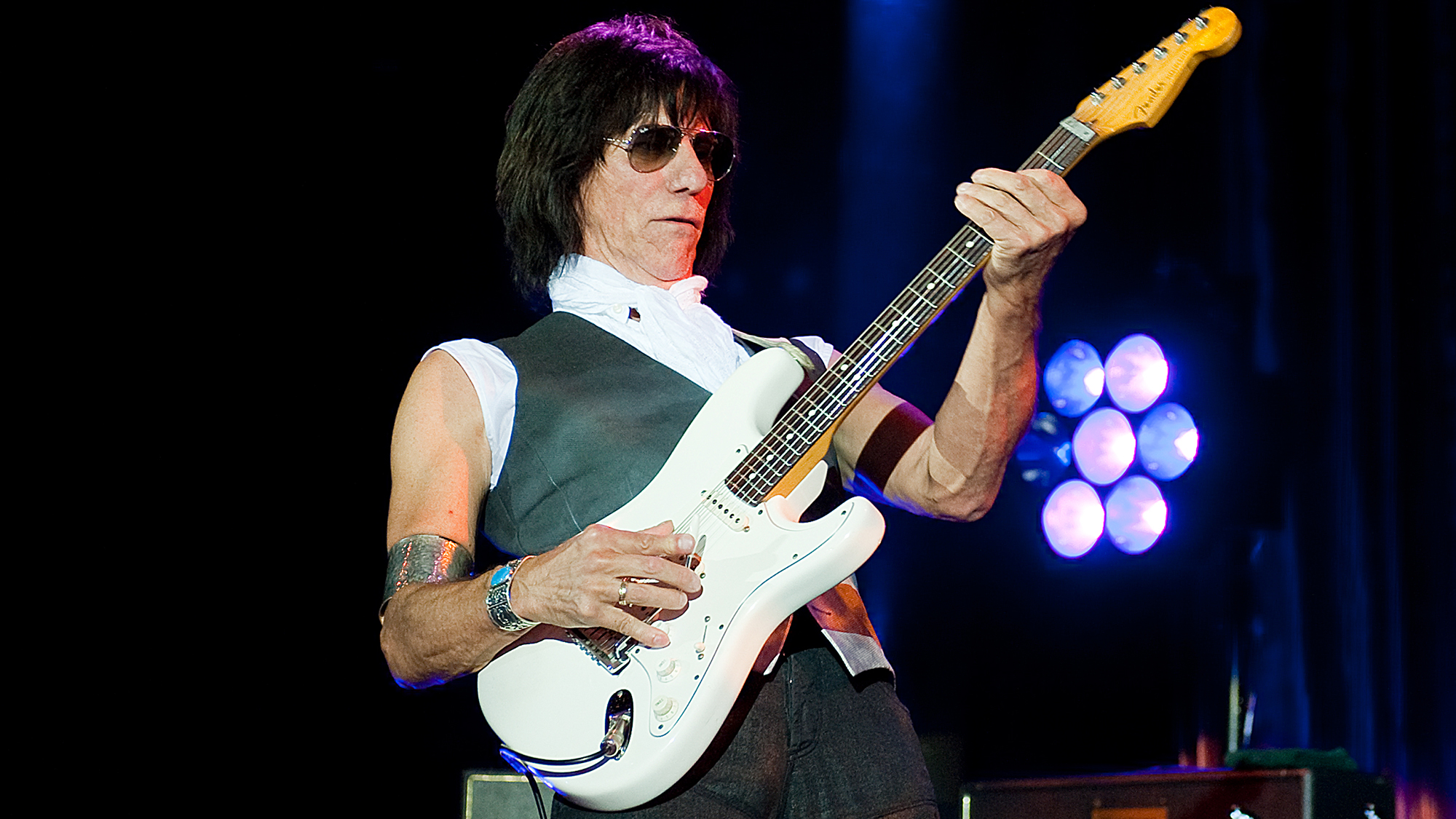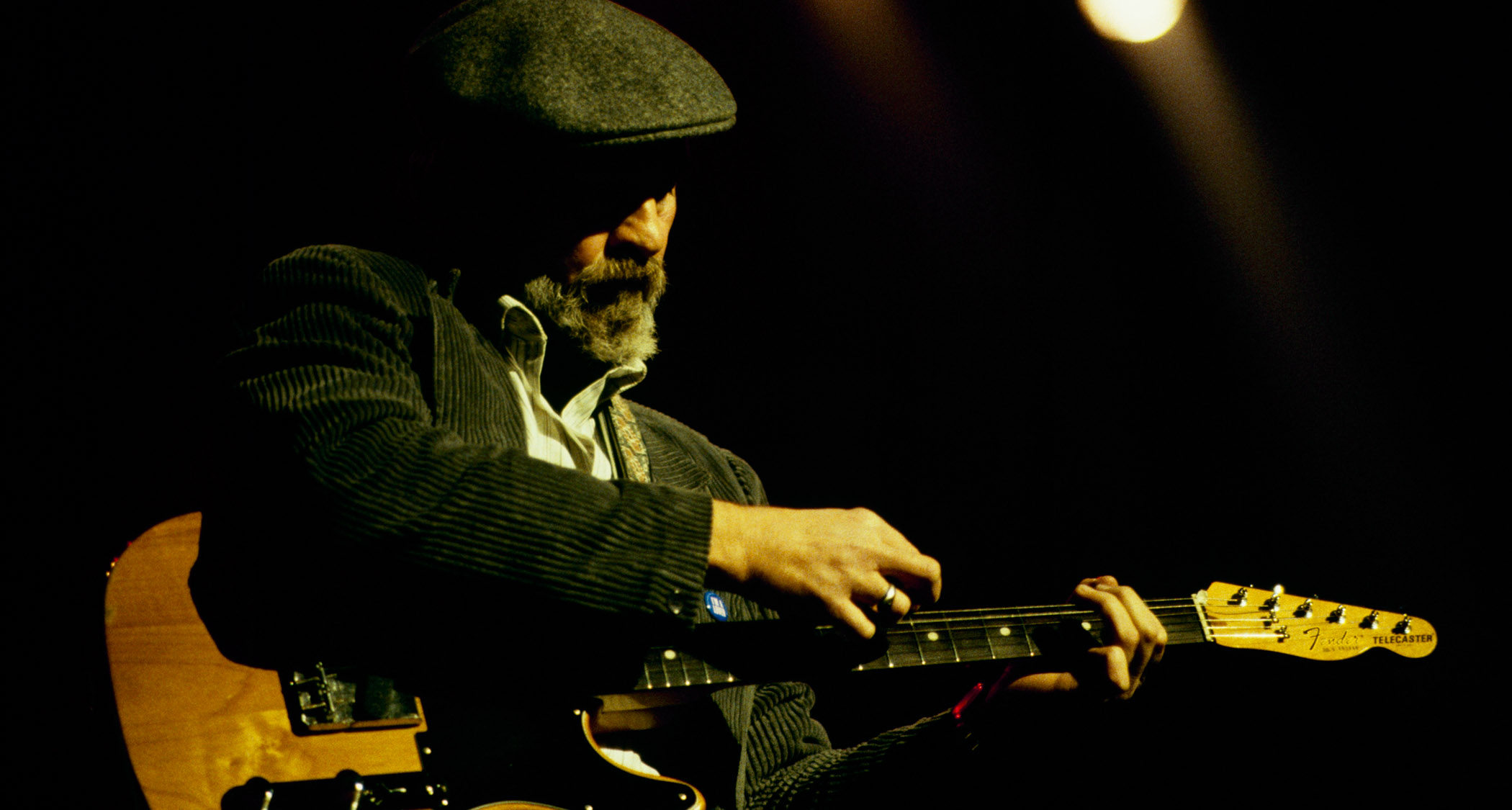Solo in the style of Robben Ford and Josh Smith with this primer on Dorian blues-rock leads
Ford is a master of modal expression and this in-depth lesson takes us through his style, as well as Josh Smith's, and the ways in which the Dorian mode informs our blues-rock vocabulary
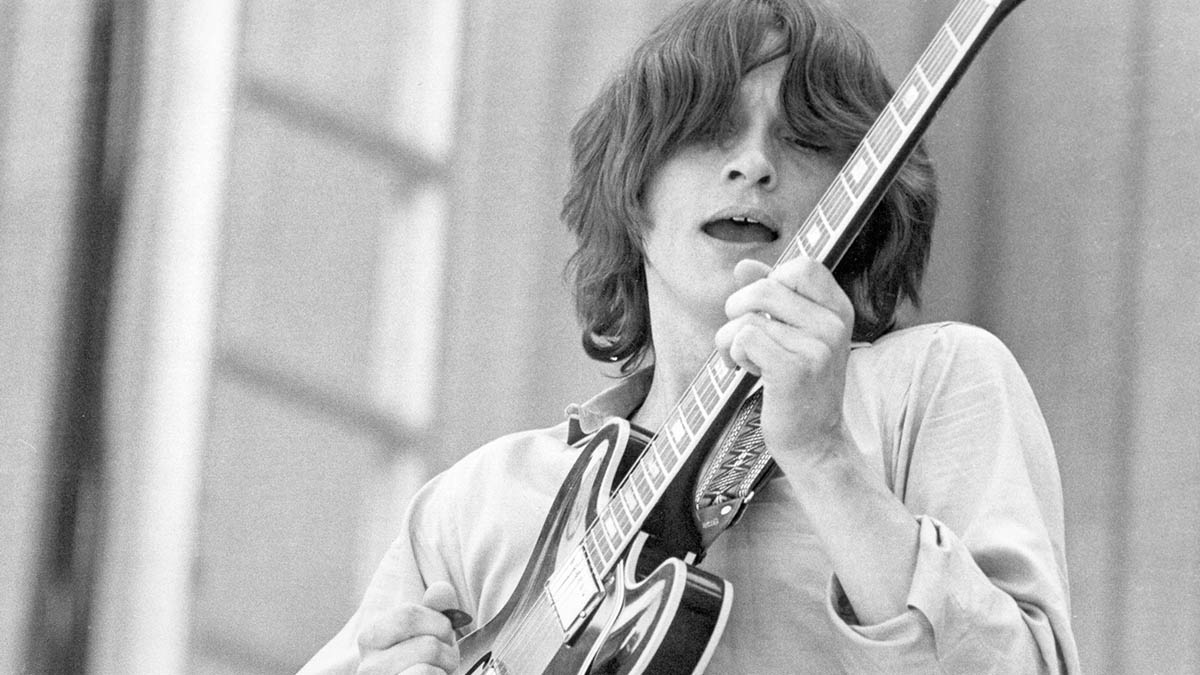
In this lesson, our topic is the Dorian mode. Modes are the scales generated when a ‘parent’ scale is started on each of its different notes. The Major scale has seven modes. Ionian is mode 1 – so that’s the Major scale itself.
Mode 2 runs from the second degree of the Major scale – in the key of C, that note is D. Creating a mode starting on D gives us D-E-F-G-A-B-C, and D Dorian works over a Dm7 chord.
Some teachers say the modes are not important and if you know the parent scale, you can just play around with that. The problem with that approach is that if you don’t think of the mode from its own root, you are much less likely to hit the important chord tones of that particular mode.
Be careful if you’re playing on Dm7 going to G7 (and possibly resolving to C); if you play the 6th of D Dorian, the note B, it can sound like you’ve gone to the G7 early (B is its Major 3rd). But, used carefully, that note adds a jazzy Robben Ford vibe.
When you’re first presented with a new scale or mode it can be difficult to know what to play. Try this: after you have the scale under your fingers, play it in ascending 3rds. This means that you play the scale as normal but after every note of the mode you insert a note two steps further up the scale and then resume and repeat.
This exercise has a double benefit – you are learning the scale in a deeper way and also exploring the intervals of that seven-note mode – this latter benefit is especially relevant to your improvising.
The next step should be playing the scale in descending 3rds – start with the 3rd degree, jump down to the root, go to the 4th and then the 2nd, etc.
Playing scales or modes in triads will really develop your improvising - simply playing exercises isn’t perhaps so valid for improvising, but exercises do act as a springboard for creating more interesting lines. As time goes on, we’ll look at other exercises when we address different modes.
In these examples, I wanted to add some bluesy bends but without playing the Blues scale, so I stayed within D Dorian mode but tried to bring a bit more of a rootsy vibe out of it. Note that the Dorian has quite a different ‘colour’ to the Aeolian – which has a flattened 6th.
Get the tone
Amp settings: Gain 6, Bass 7, Middle 4, Treble 5, Reverb 5
As we reference Robben Ford here, let’s go for a bridge pickup tone through an amp that’s on the edge of break-up but with headroom remaining. Robben switches between Telecaster and Gibson guitars, so humbucker or single coil will work well. Use the above settings as a guide and add some nice overdrive if you want the Talk to Your Daughter sound.
Example 1. Dorian mode
Here’s the Dorian mode. It shows the scale in 3rds – on the way up and down! Playing the same on the way up and down really tests your fretboard knowledge.
Example 2. The mode in triads
Here we run the mode in triads – note that we get Major, Minor and Diminished triads as in the parent C Major scale, but here we’re starting and ending on D.
Example 3. Wide intervals
This line tries to get away from sounding obvious by using wide intervals. Note the 9th and 6th degree – this takes us away from the Minor Pentatonic sound.
Example 4. Josh Smith style
This one sounds a little more bluesy without using the Blues scale, but it still features the 9th. Josh Smith often stresses this note in his lines. Uptown blues indeed.
Example 5. Robben Ford style
Robben Ford inspired this one, but I used all the Dorian notes here. The second half of bar two is a vocal lick I lifted from my friend Mike Finnigan.
Example 6. Robben meets Jimi
This one sounds like a development of the previous line. It weaves some bluesy-sounding phrasing into the Dorian sound. Bar 3 is a tip of the hat to Jimi Hendrix.
Example 7. Blending modal vibes with blues-rock feel
The bend from B to C has that modern blues sound. I carefully mixed the Major 6th and 7th to alternate between a jazzy modal vibe and a blues-rock feel.
Get The Pick Newsletter
All the latest guitar news, interviews, lessons, reviews, deals and more, direct to your inbox!
A professional guitarist for many years, Andy G Jones has played with Van Morrison, James Ingram, Lamont Dozier, Queen (Brian May and Roger Taylor), Robben Ford, Billy Cobham, John Illsley (Dire Straits), KT Tunstall, Albert Lee (featured on Andy's upcoming CD), Mike Finnigan, Dave Landreth and Ryan Voth from The Bros. Landreth, Malford Milligan, The BBC Radio Big Band, Patti Austin, Hamish Stuart (Average White Band), Lalo Schifrin (Hollywood film composer Bullitt, Mission Impossible), Hank Marvin, James Dean Bradfield (the Manic Street Preachers), Grady Tate, Agnetha from ABBA, Cliff Richard, Dudley Moore, Nathan James (Inglorious), Joey Tempest (Europe) and Kelsey Grammar.
